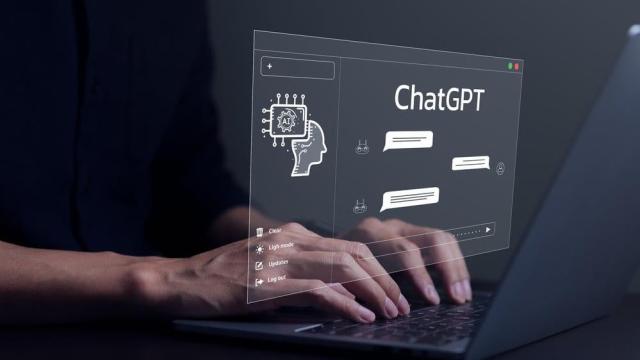Artificial Intelligence has upended the workplace, bringing with it mass layoffs and the fear that it will destroy humanity as we know it, but a new study reveals the damaging effects don’t end there. A group of researchers set out to uncover the emotional toll AI can have on an individual’s psyche in the workplace, finding evidence that points to increased mental instability.
Even if AI didn’t steal an individual’s job, researchers found that those who simply used it regularly suffered from increased loneliness, insomnia, and increased drinking compared to others in the study that didn’t. Although employees physically were in the workplace, researchers uncovered that their loneliness was a direct result of their frequent interactions with AI which eliminated the need for human contact.
The study, published in the Journal of Applied Psychology, uses the example that “previously routine activities such as seeking a second opinion on a proposed solution for a client can now be provided instantaneously (and more accurately) by an AI system. Therefore, more frequent interactions with AI may lead employees to feel socially disconnected from others, which should increase feelings of loneliness.”
The study was carried out across four experiments conducted in the U.S., Taiwan, Indonesia, and Malaysia. Employees were separated into two groups, with one told to avoid any use of AI for three days and the second told to interact with their companies’ AIs as often as possible. In Indonesia and Malaysia, the second group endured a rise loneliness and insomnia.
The part of the experiment conducted in Taiwan, which focused on 166 engineers who worked at a biomedical company, saw the employees report a rise in after-work alcohol consumption in group instructed to use AI, with the same loneliness and insomnia that the first group experienced.
“The rapid advancement in AI systems is sparking a new industrial revolution that is reshaping the workplace with many benefits but also some uncharted dangers, including potentially damaging mental and physical impacts for employees,” Pok Man Tang, an assistant professor of management at the University of Georgia and lead author of the study, said in a statement to the Daily Beast.
The study’s findings did carry the caveat that the responses to AI use did vary based on the organisation, which could increase the levels of insomnia, loneliness, and alcohol consumption. However, employees directed to utilise AI were found to be more receptive and helpful to their colleagues, although the study notes that it may be in response to the reports of increased loneliness and their need for human and social interactions.
“Humans are social animals,” Tang told the outlet, adding that “isolating work with AI systems may have damaging spillover effects into employees’ personal lives.”
It is therefore up to the companies to ensure their employees do not solely interact with AI or utilise the software, the study says, adding that incorporating AI into the workplace could upend the prioritisation of social interaction in the workplace. The researchers warn in the study that daily interactions with “AI colleagues may lead to an increased need for affiliation as well as loneliness.” The findings “paint an important, but sobering, picture of the future of AI augmentation efforts,” the study says.
The findings come as reports of a mental health epidemic in the U.S. are on the rise, with more than one in five adults describing their mental health as only “fair” or “poor,” CNN reported last year. These reports make Tang and his team’s study all the more concerning as it adds to the existing upward trend of mental health issues in the country.
Tang told the Daily Beast, “AI will keep expanding so we need to act now to lessen the potentially damaging effects for people who work with these systems.”
